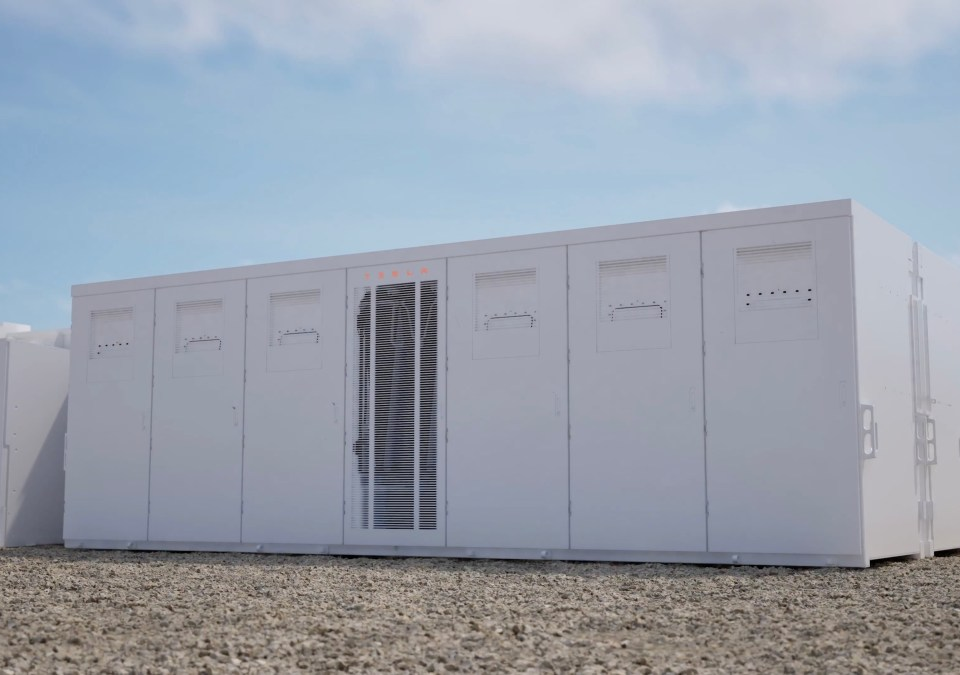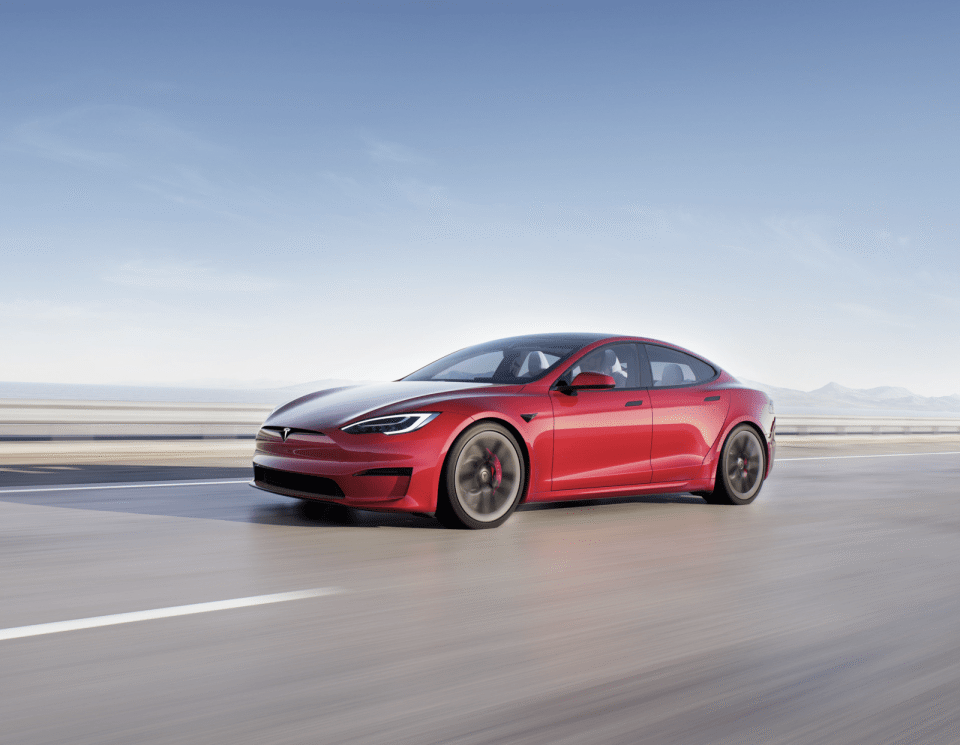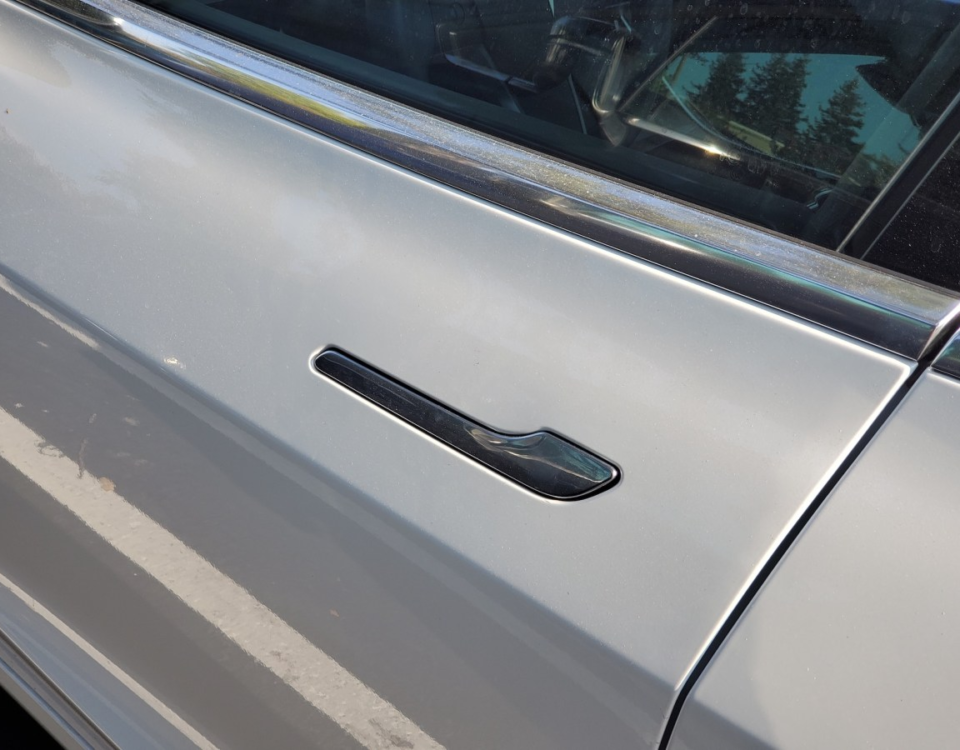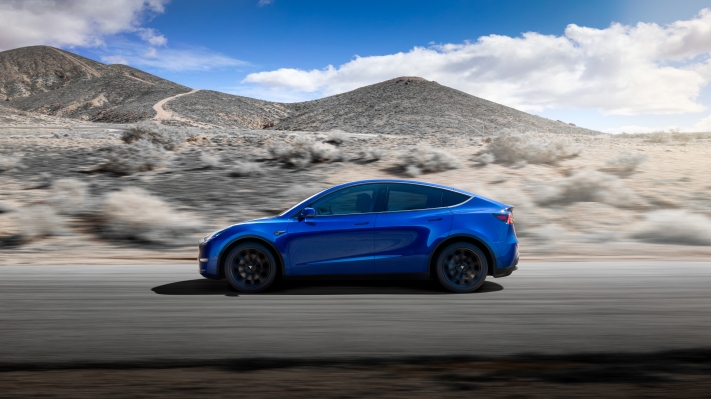
Tesla deliveries fall nearly 18% in second quarter following China factory shutdown
July 6, 2022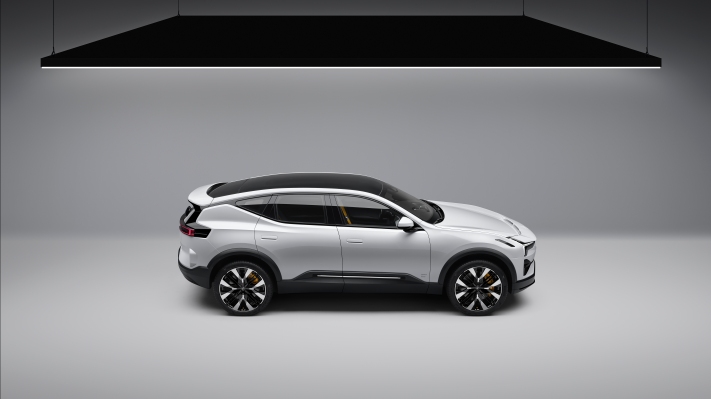
Can Polestar succeed where other EV maker SPACs have failed?
July 7, 2022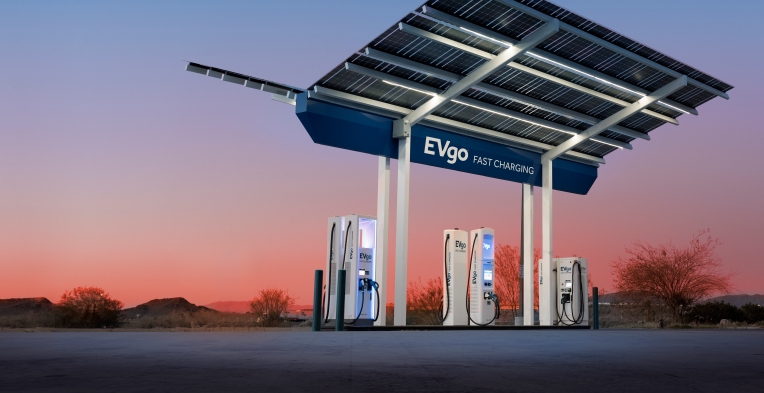
Battery-electric vehicles and plug-in hybrids have more problems than the average car, according to the annual J.D. Power U.S. Initial Quality Study (IQS) released Wednesday.
The 2022 survey found that EV owners cited 39% more problems with their new vehicles than did owners of new combustion-engine vehicles. Industrywide, problems per 100 vehicles rose 11% this year, for an average of 180 problems per 100 vehicles.
But EV and PHEV owners reported about 240 problems per 100 vehicles (PP100), compared with 175 PP 100 for gas-engine models. Tesla, making its J.D. Power survey debut, outpaced the electrified segment with 226 problems per 100 vehicles.
The reason behind this year’s plunge in vehicle quality is twofold, according to analysts.
Quality has declined industrywide, as the COVID-19 pandemic created supply chain issues, record-high vehicle prices and personnel dislocations. The report marks a record high in vehicle problems since J.D. Power began tracking quality 36 years ago. And there are few signs of immediate improvement: Just nine of the 33 automotive brands surveyed improved in quality this year.
The 2022 J.D. Power U.S. Initial Quality Study is based on responses from 84,165 purchasers and lessees of new 2022 model-year vehicles between February and May 2022. They answered 223 questions organized into nine vehicle categories: infotainment, features, controls and displays; exterior, driving assistance, interior, powertrain, seats, driving experience and climate.
Still Buick, which took the top spot in overall initial quality this year, and others, managed to do better than EV brands. The additional problems reported by electric vehicle owners had more to do with infotainment and connectivity than driving performance, said David Amodeo, global director of automotive at J.D. Power.
“Infotainment issues do go up for PHEV and EVs,” Amodeo said. “A lot of OEMs are viewing EVs as the ‘vehicle’ that will transform us into the era of the smart cars, and all the extra content they are adding has a lot to do with this.”
Operating Android Auto, Apple CarPlay, touch screens, Bluetooth and Voice Recognition “continue to be problematic for owners,” he said.
The other reason for the quality gap is that EVs make heavier use of manufacturer-design apps that control certain functions of the car, from locking and unlocking the doors remotely to monitoring battery charge. First-time EV buyers especially may not yet be fluent in reading their vehicle’s range and connecting it to a charging station.
“The OEM app is used more in plug-ins and especially EVs,” Amodeo said, “and there is a lot of room for improvement.”
Clarification: J.D. Power updated one figure in its announcement from 173 to 175. TechCrunch has also updated this number to reflect the change.

